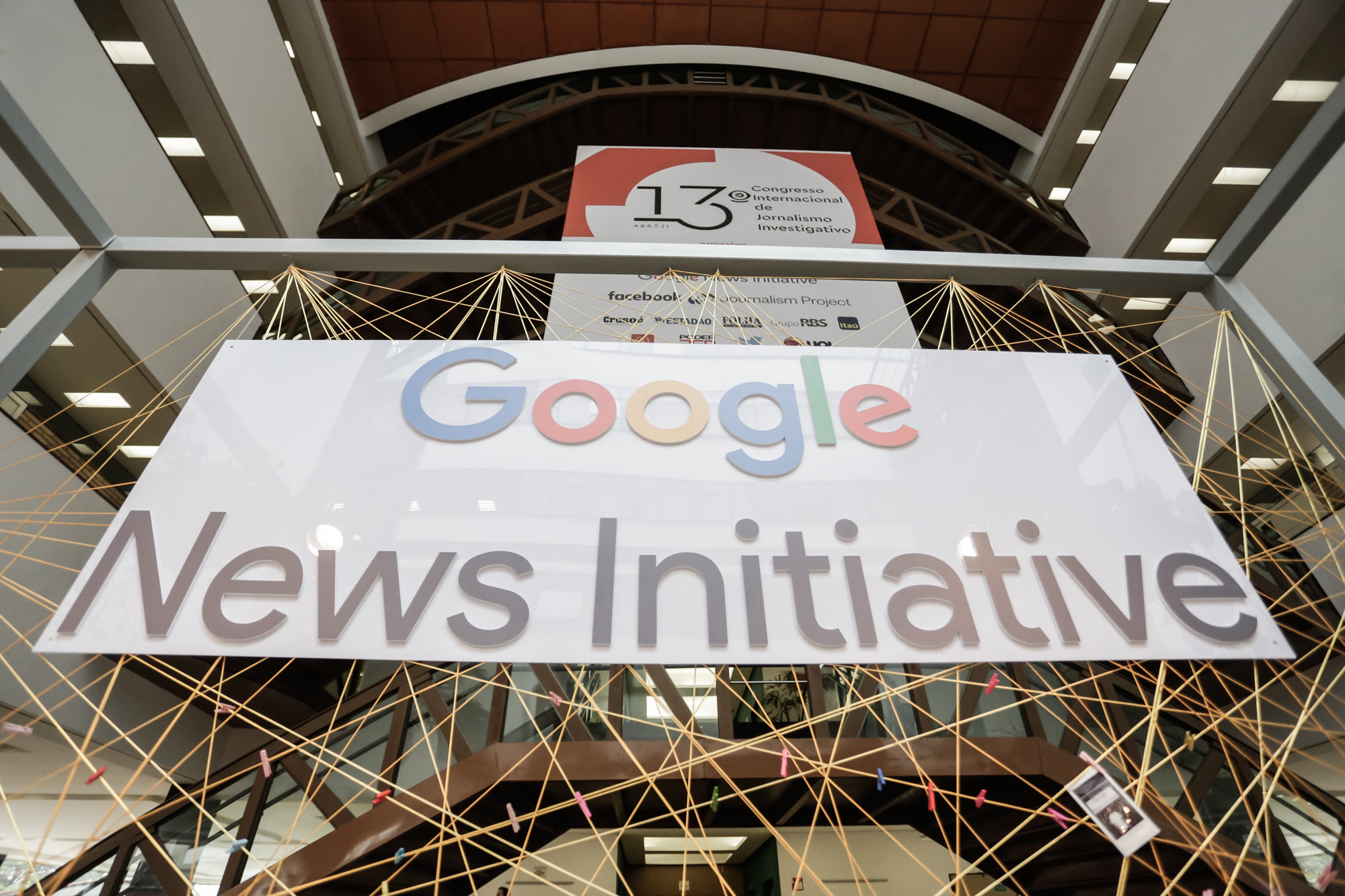
Resolution Criteria
This market resolves YES if, before 2025, the "Online News Act" is amended or repealed in any way, regardless of the specific consequences of the change. This can occur either by an act of Parliament, or by a ruling of the Supreme Court that specifically deems some aspects of the law or its execution to have been illegal and requires a change. This is not satisfied by merely regulatory decisions, such as from the CRTC. (I'm not sure of the exact legal terminology here, but hopefully my intent is clear.)
Otherwise, this market resolves to NO at the beginning of 2025 (UTC time).
Context
On June 22, 2023, Canada's government signed into law An Act respecting online communications platforms that make news content available to persons in Canada (the "Online News Act", bill C-18 of the First Session of the Forty-fourth Parliament).
The law, sometimes described as a "link tax", requires "digital news intermediaries" to negotiate with "news businesses" if they want to link to their content. Google and Facebook both described the terms as "unworkable" and announced that in response they would be removing links to news websites from their services in Canada. Facebook began blocking links to news websites for Canadian users on August 1, 2023, and in response Canada's largest media companies are calling for an antitrust investigation of Facebook.
The law was proposed by the current minority government of the Liberal Party under Prime Minister Justin Trudeau (152 MPs). It was supported the Bloc Québécois (32 MPs), the New Democratic Party (25 MPs), the Green Party (2 MPs), and the one Independent MP. It was opposed by the Conservative Party (115 MPs, with one voting in favour, detailed breakdown here), although the party's official 2021 election platform did advocate for a potentially-similar policy they called "digital media royalty framework".
Canada's next election is scheduled to happen on or before October 20, 2025. Because the Liberal party to not control a majority (170 MPs) of parliament, an election can occur before this date if they fail to secure the support of another party in order to pass certain significant legislation. At the time of this market's creation, the Conservative party is significantly ahead in the polls and is projected by 338Canada to have a 90% chance of winning if an election were held today.
https://www.cbc.ca/news/politics/google-online-news-act-1.7043330 Big news, although it’s not entirely clear to me what it means for this market. The article refers to a change to the “legislative framework”, but I’m not sure if they actually mean “regulatory”, or if it will indeed be an amendment, or if I missed something and this question is under-specified.
Michael Geist’s analysis last month suggested that regulatory changes would not be adequate to affect changes like this, and a legislative amendment will be necessary. https://www.michaelgeist.ca/2023/10/regulations-alone-cant-fix-bill-c-18-why-news-media-canadas-surrender-may-not-be-enough-to-stop-google-from-blocking-news-links-in-canada/
@jbca Official press release: https://www.canada.ca/en/canadian-heritage/news/2023/11/statement-by-minister-st-onge-on-next-steps-for-the-online-news-act.html
It sounds like they intend to implement these changes through regulation, not legislation. Time to sell some YES, although I’ll wait to see more details before going too far.
It’s a shit show. https://www.reuters.com/world/americas/canada-pm-trudeau-blasts-meta-blocking-news-during-wildfires-2023-08-21/


/cloudfront-us-east-2.images.arcpublishing.com/reuters/MDDFNZIOMBOEBEJ7JPFRFOALZU.jpg)